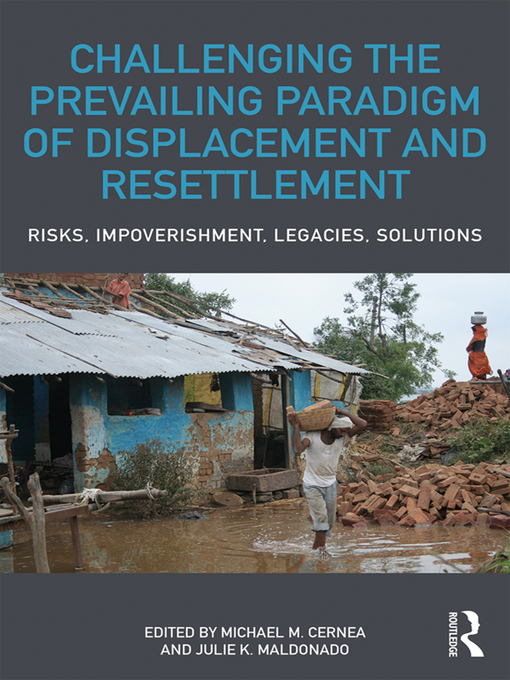Development-caused forced displacement and resettlement (DFDR) is a critical problem on the international development agenda. The frequency of forced displacements is rapidly increasing, the sheer numbers of uprooted and impoverished people reveal fast accelerating trends, whilst government reporting remains poor and misleading. Challenging the Prevailing Paradigm of Displacement and Resettlement analyzes widespread impoverishment outcomes, risks to human rights, and other adverse impacts of displacement; it documents under-compensation of expropriated people, critiques cost externalization on resettlers, and points a laser light on the absence of protective, robust, and binding legal frameworks in the overwhelming majority of developing countries.
In response, this book proposes constructive solutions to improve quality and measure the outcomes of forced resettlement, prevent the mass-manufacturing of new poverty, promote social justice, and respect human rights. It also advocates for the reparation of bad legacies left behind by failed resettlement. It brings together prominent scholars and practitioners from several countries who argue that states, development agencies, and private sector corporations which trigger displacements must adopt a "resettlement with development" paradigm. Towards this end, the book's co-authors translate cutting edge research into legal, economic, financial, policy, and pragmatic operational recommendations. An inspiring and compelling guide to the field, Challenging the Prevailing Paradigm of Displacement and Resettlement will be of interest to university faculty, government officials, private corporations, researchers, and students in anthropology, economics, sociology, law, political science, human geography, and international development.
